Two prominent traditional rulers in Oyo State—the Soun of Ogbomoso, Oba Olaoye Ghandi, and the Alaafin of Oyo, Oba Akeem Owoade—were conspicuously absent as Governor Seyi Makinde inaugurated the 50th anniversary of the state on Monday.
Family members of former governors, traditional and religious leaders, top government functionaries, and political stakeholders gathered at the International Conference Centre, Ibadan, to celebrate the state, which was created on February 3, 1976, from the former Western Region of Nigeria, with Ibadan as its administrative capital.
The state government had unveiled a week-long programme for the anniversary on January 21, 2026. The events include religious services, cultural exhibitions, an awards and dinner night, and a public lecture titled, “Consolidating The Legacy, Navigating The Present And Reimagining The Future.”
Governor Makinde had appointed Saheed Fijabi, a former member of the House of Representatives, as chairman of the 11-member planning committee for the anniversary.
While the Olubadan of Ibadan and Chairman of Oyo Council of Obas, Oba Rashidi Ladoja, attended the ceremony along with other traditional rulers, the absence of the Alaafin and the Soun drew attention, especially following Makinde’s recent decision to make the chairmanship of the Oyo Council of Obas rotational among the Alaafin, Soun, and Olubadan. Previously, the position had been permanently reserved for the Alaafin.
At Oba Ladoja’s recent inauguration, Makinde stated that the new arrangement had the buy-in of all three monarchs.
However, the Alaafin quickly issued a rebuttal, claiming he was never part of any meeting where such an agreement was reached.
Monday’s event was the first state function since the governor’s decision and the Alaafin’s rebuttal.
Efforts by our correspondent to get the reactions of spokesmen for the Alaafin and Soun, Bode Durojaye and Peter Olaleye, respectively, were not successful as their telephone numbers could not be reached.
Meanwhile, during the event, Governor Makinde cut the anniversary cake and highlighted his administration’s commitment to building a stronger, competitive economy that creates jobs, attracts investments, and expands opportunities for residents.
‘He emphasised that the next 50 years should deliver greater prosperity, fairness, dignity, and hope for all citizens.
Makinde also reflected on the legacy of former Governor Bola Ige, particularly his provision of free textbooks, furniture, and learning materials, which he said helped shape Oyo State’s governance ethos and belief in equal opportunity.
The governor further highlighted the digital tribute platform established for the anniversary, which has collected hundreds of citizen stories illustrating resilience, enterprise, and a sense of belonging.
“Today, one resident runs a business employing eight young people. Another tribute reflects the quiet pride of citizens whose lives have been nurtured and educated in Oyo State. These stories are not just tributes; they are evidence of opportunity, enterprise, hope, and belonging,” he said.
He commended service commanders and security agencies in the state for maintaining peace and security, assuring them of continued government support. Makinde urged residents to actively participate in anniversary activities, with the grand finale scheduled for Tuesday, January 27, 2026.
Earlier, Fijabi, chairman of the planning committee, outlined the historical significance, leadership, and development milestones of the state, emphasizing that the celebration represents both a reflection on the past and a declaration of intent for sustained progress.
Olubadan Oba Rashidi Ladoja, in his remarks, called for recognition of past political leaders and unsung heroes whose contributions laid the foundation for Oyo State’s growth. He reflected on political leadership in the Third Republic, including Chief Kolapo Adewuyi Ishola and his deputy, Ahmed Gbadamosi, as well as subsequent administrations of former Governors Rashidi Ladoja and Otunba Christopher Adebayo Alao-Akala, highlighting their impact on the state’s development trajectory.
Among the citizen stories highlighted was that of Toluwaloju Foluso, a National Youth Service Corps member in 2021, who invested his allowance in learning fashion design during his service year. The story exemplifies the opportunities and enterprise nurtured by the state, reflecting Makinde’s message of resilience, progress, and citizen empowerment.
The absence of the Alaafin and Soun, coupled with their earlier objections to the rotational chairmanship of the Oyo Council of Obas, suggests underlying tensions within the state’s traditional institutions, even as the government pushes forward with anniversary celebrations and governance initiatives.
Governor Makinde, however, stressed that the administration remains committed to inclusive governance, economic growth, and public engagement, asserting that Oyo State’s next 50 years must be defined by prosperity, innovation, and opportunity for all residents.
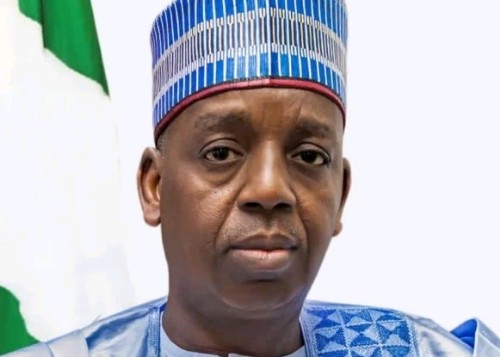
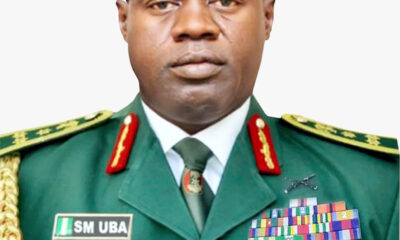
 BIG STORY23 hours ago
BIG STORY23 hours ago
 BIG STORY1 day ago
BIG STORY1 day ago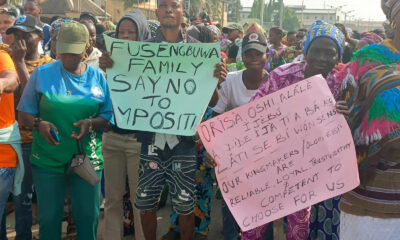
 BIG STORY4 days ago
BIG STORY4 days ago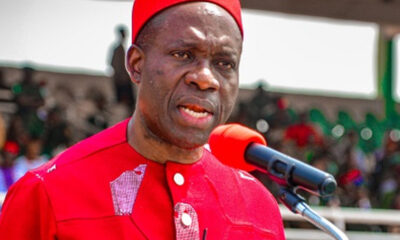
 BIG STORY1 day ago
BIG STORY1 day ago
 BIG STORY1 day ago
BIG STORY1 day ago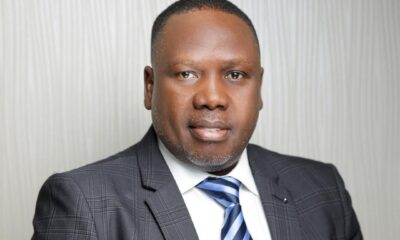
 BIG STORY4 days ago
BIG STORY4 days ago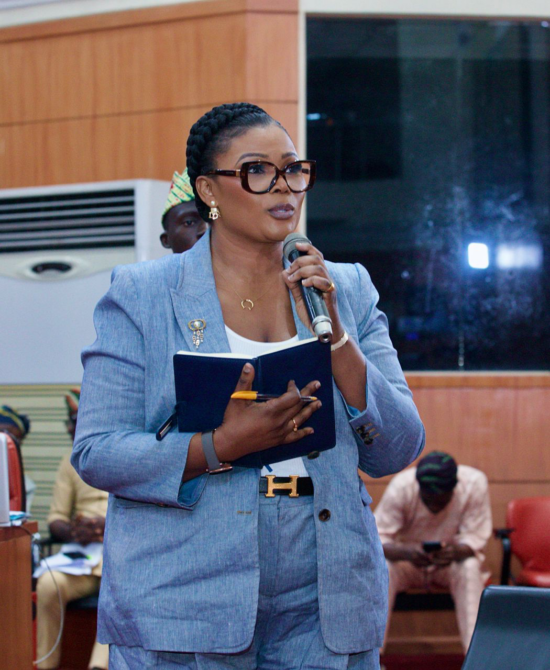
 NEWS4 days ago
NEWS4 days ago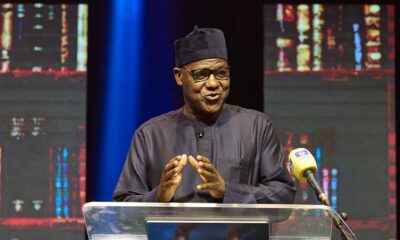
 BIG STORY1 day ago
BIG STORY1 day ago

























